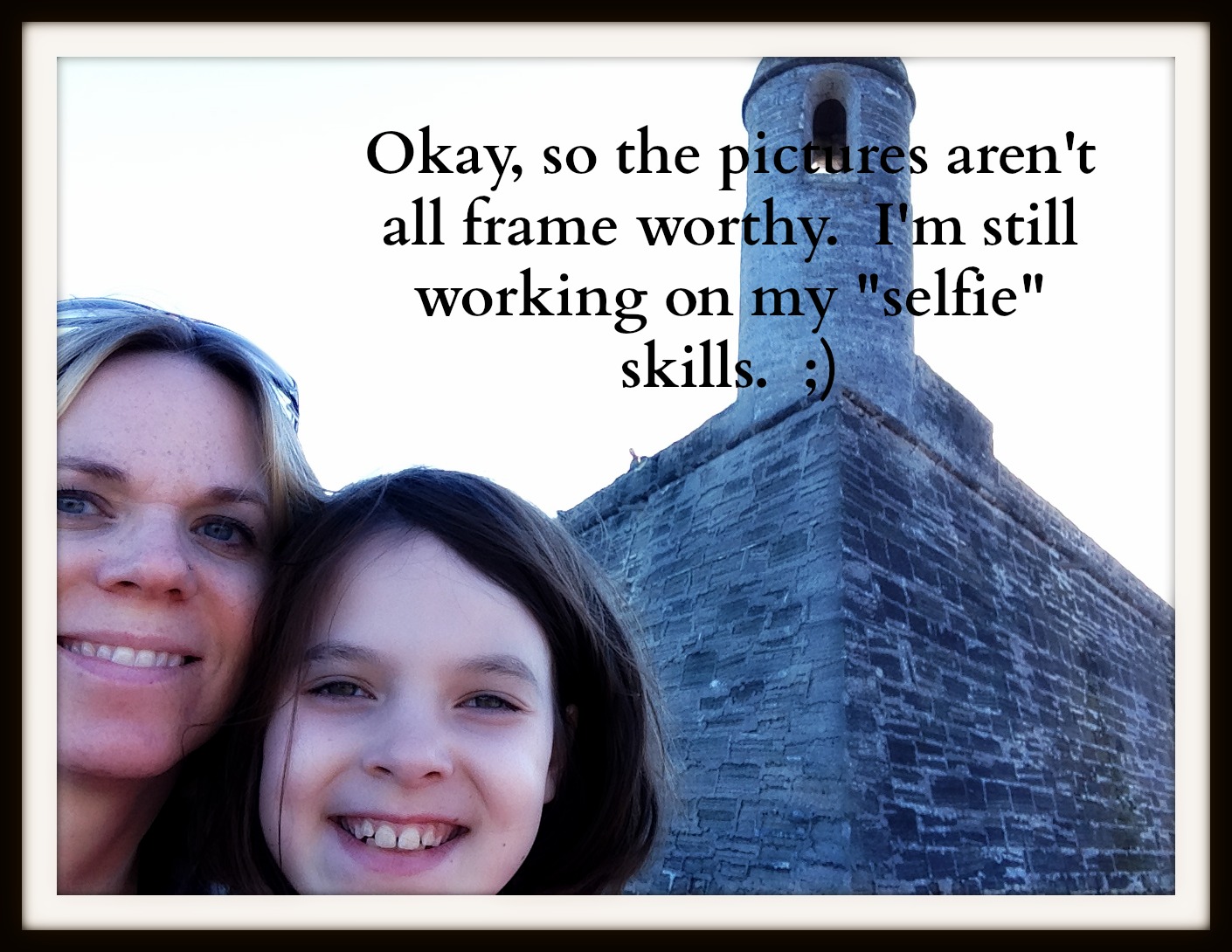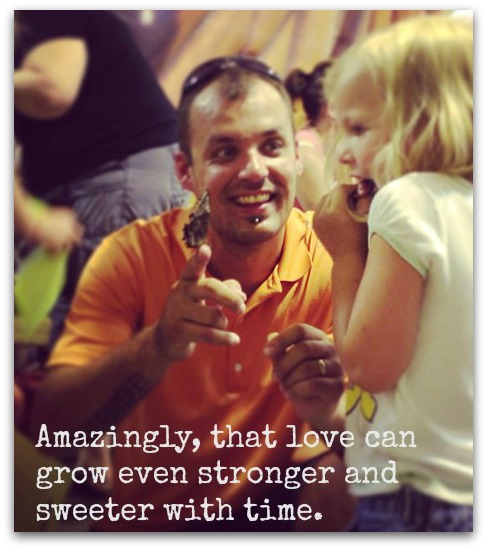Our family enjoys playing video games together. Each time we play, I have a lot of fun. However, my game play never seems to improve. I do know why though. It’s because I don’t know what I am doing! Usually my game plan is to simply push as many buttons as possible in random order hoping that the end result is favorable. As you might imagine, this does not usually end favorably for me. I should mention, that my kids have tried to teach me better strategy. However, I don’t play often enough—and I’m not patient enough—to put in the energy required to learn. Although I might try to follow their lead for a little while, by the next time we play, I tend to be right back where I started—with no clear game plan, hoping that if I just do enough, I’ll somehow succeed.
I have been able to live with this strategy when it comes to video games. However, it becomes more of a problem when it becomes a strategy for life. One place where it is especially easy for this to creep into my daily life is in homeschooling. With seven children currently in school and one busy toddler that is currently in everything else, it can be easy to lose sight of my “game plan”. In these times, I find that I end up simply trying to get “everything” done. We go from subject to subject, chore to chore, meal to meal—basically pushing all the buttons randomly, hoping that the end result is success.
The problem is that not only is this not the pathway to success, but in times like this, I lose sight of what success even looks like! And, it is impossible to be successful if you don’t even know what you are aiming at!
The good news is that there is a simple way to fix this problem. The key to being successful at homeschooling (and pretty much all areas of life) is: know your one most important thing. That’s it. Know the most important reason why you homeschool. Then, aim everything in that direction. It’s amazing how doing this helps everything fall into place!
For me, the most important reason that I homeschool is so that my family has engaged, heart-connected, growing, fun relationships with one another. With the busyness of our life and the demands of ministry, etc. this would be much more difficult to accomplish if our children were enrolled in public school. But, homeschooling allows us to structure our lives so that connection remains a top priority. Obviously, this isn’t the only important goal of homeschooling. I also want my kids to receive a solid education! And, I work hard to ensure that this happens. But, I’ve discovered that when our relationships are thriving, our learning tends to thrive, too. I’ve also learned that keeping my heart engaged with each one of my kids doesn’t always automatically happen. It’s easy to go through the motions and get everything done only to realize at the end of the day that my heart wasn’t fully engaged with any of it. I know that I would regret it if I made it to the end of my homeschooling years and didn’t have an authentic, loving, connected family. I believe that these years are foundational for that.
Now, I’m not saying that this should be the most important reason why you homeschool. I don’t know what your most important thing is. But, you should! If you haven’t take the time to consider this before, here are some questions that can help you to discover your one thing:
- Why did you start to homeschool in the first place?*
- What do you most hope to have happen during this time? (In other words: what is your desired outcome?)
- What would you most regret if it did/did not happen?
(*I recognize that some of you are homeschooling simply because of current circumstance. However, even if that is the case, hopefully you see that the Lord’s hand is in this time. He promises to bring good out of every circumstance. So, rather than see this as something that has been forced upon you, what if you see it as an opportunity? Why do you think you have been given this opportunity? What is this time an opportunity for?)
Once you have answered these questions, you can begin to plan your days with this as a guiding value. It isn’t that you don’t need to fit the other things in. But, you need to do it in a way that honors the most important thing, This will also help you to know if you are succeeding or not! At the end of the day, do you see the fruit of this value in your family? If so—success! And, if not, that’s okay because you can see it. And, once you see it, you can adjust accordingly. Which leads me to one last thing…
Once you know your most important thing, you need to actually make it your most important thing. That is to say, you need your actions to back it up. This will require proactivity and it may be necessary to let go of other things! One example from my life is that my value for connection means that I have to simplify. I have to let go of some of the homeschool side projects that I get ideas for. I am never short of ideas, but I am short of time. When I add too many side projects to my plate—even those that compliment our curriculum—I actually find myself connecting less with my kids because of the stress of trying to accomplish everything. Sometimes this value means that I have to let go of my (very real!) desire for a consistently clean and organized house. Sometimes, on very rare occasions, it means that I actually call off a regularly planned afternoon to go to the zoo or play games together, if I realize that I have been in “go mode” for some time at the cost of our connection.
Knowing my most important thing has been such a lifesaver for me! It has given me clarity and helped to guide and shape our days. Now when I stray from my game plan, it quickly becomes obvious and I can readjust the direction that I’m heading to get back on track.
So, I encourage you—if you don’t know your most important thing, take some time to process. Figure out what it is and let it be a guiding value as you go through out your days.




